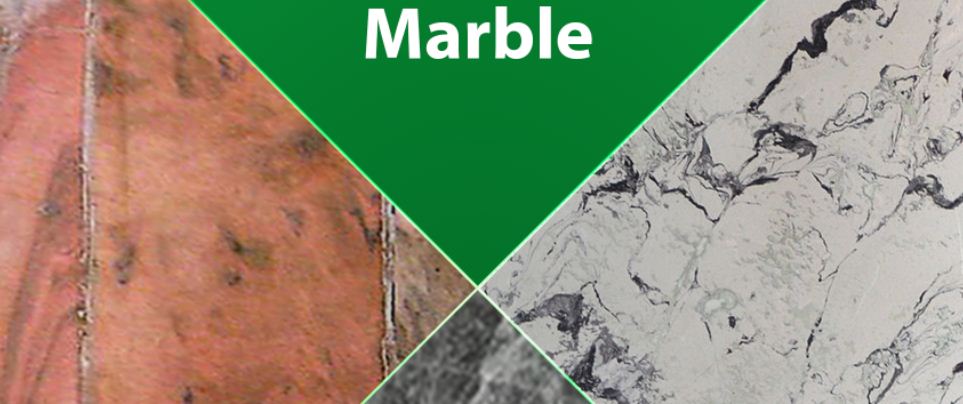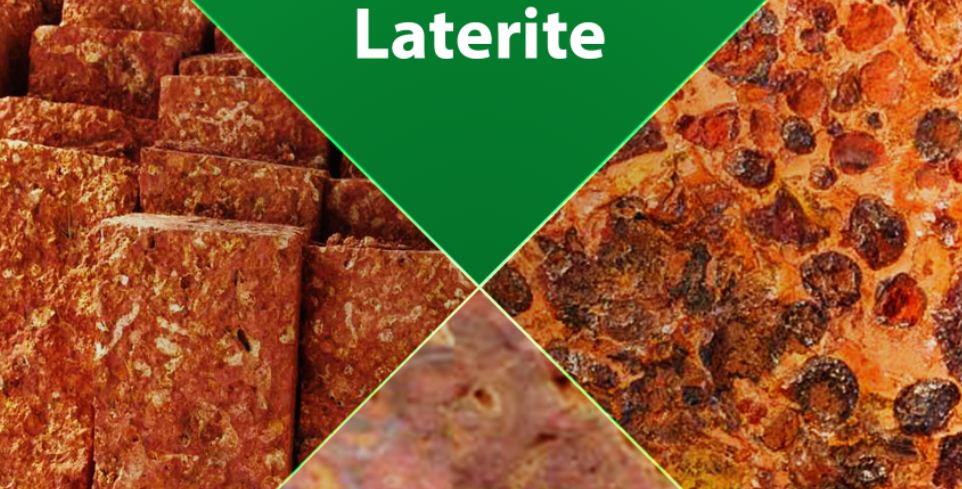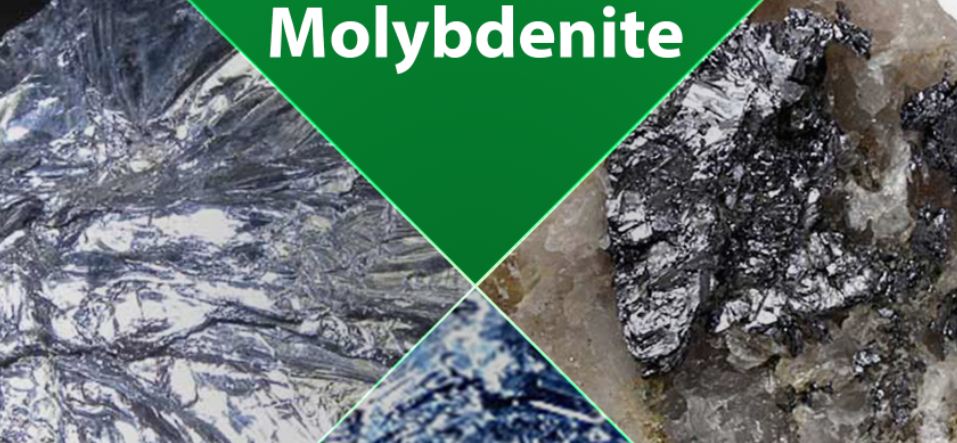Zinc (ZN) Natural Deposits In Nigerian States And Its Uses

Nigeria is one of the West African countries with Zinc deposits, and the mineral-rich states in no particular order include Anambra, Ebonyi, Plateau, Cross Rivers, Zamfara, Abuja (FCT), Enugu, Imo, Kano, Niger, and Taraba.
Zinc is the 4th most widely used metal after iron, aluminum, and copper. It is a chemical element with the symbol Zn and atomic number 30, it has a melting point of 419.5 °C and a boiling point of 907 °C.

- Zinc is in group 12 of the periodic table and the first element in the group.
- Zinc is characterized as a bluish-white, lustrous, diamagnetic metal, hard and brittle at most temperatures.
- Zinc is the 24th most abundant element in Earth's crust and is usually found in association with other base metals such as copper and lead in ores.
- Zinc prefers to bond with sulphides because of its low affinity (liking) for oxides.
The most common form of zinc sulfide is Spahlerite, it contains roughly 60-63% content of zinc which is why it is the most heavily and commonly mined ore with zinc content throughout the globe. Apart from sphalerite, there are also minor zinc sulfide-containing ores which include wurtzite, zinc silicate-containing ore known as hemimorphite, and zinc carbonate ores such as smithsonite and hydrozincite.
The mining of zinc ores can be done using the open-pit method (for oxidized ore bodies, which are located closer to the Earth’s surface) and the underground method (for the more deeply located sulfide ores).
When the zinc sulfide mineral is located using any of the above methods it is separated from the impure constituents using the flotation separation where the oil is crushed into fine particles after which water is added to form a slurry, a chemical reagent is added to create a suspension of air bubbles, the slurry is agitated thereby making the mineral particles to cling on the bubbles and forming an oily froth on the surface. The froth is scooped out as zinc sulphite.
Electrolysis is the process commonly used in the extraction of Zinc from its various ore, but it has to undergo sintering and roasting first where the zinc sulphide (ZnS) in the presence of oxygen concentration to zinc oxide (ZnO) and sulphur dioxide (SO2) gas. The sulphur dioxide (SO2) is then subjected to further oxidisation to yield sulphur trioxide (SO3), at this stage, the sulphur trioxide is dissolved in a strong sulphuric acid which is then diluted with water and can be sold for its various purposes.
ZnS + 1.5O2 → ZnO + SO2
Zinc is among the popular natural occurring metals in Nigeria; and recently there are have been numerous business investors, suppliers, dealers, mining and processing industries, and companies scattered in various areas of the country.
Though there has been a history of series of discontinuous mining operations recorded, currently more private mining companies and into the full-time operation of zinc and other natural metals and minerals in Nigeria and African as a whole.
Applications of Zinc
- Zinc is most commonly used as an anti-corrosion agent.
- Is used in steel galvanization (coating of iron or steel).
- Zinc oxide is used in the production of batteries and paints, rubber and textiles, plastics, cosmetics, pharmaceuticals, soaps, inks, and electrical equipment.
- Zinc is used as an alloy to copper to produce brass.
- Zinc is also used in other alloys such as nickel silver and aluminum solder.




